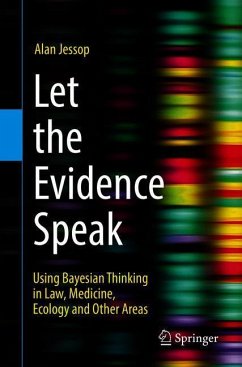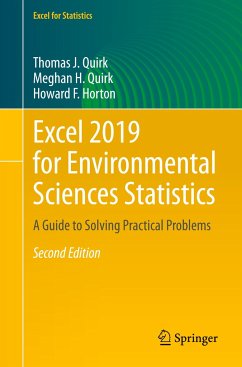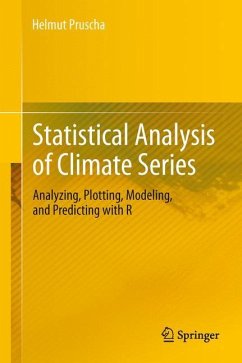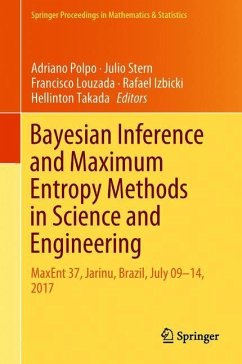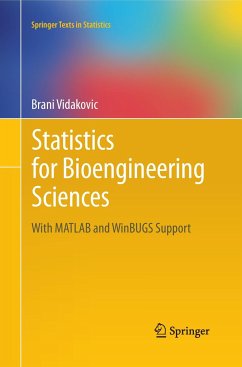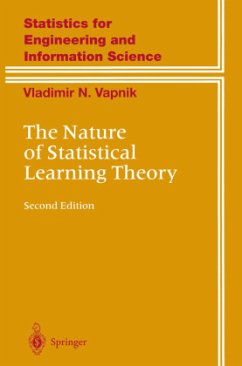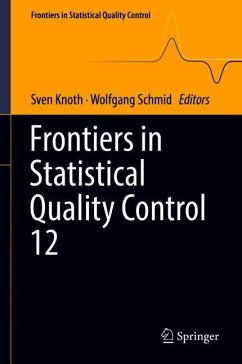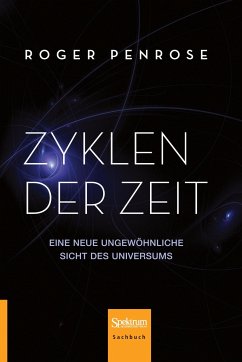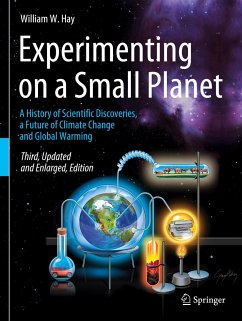
Quantitative Methods in Environmental and Climate Research

PAYBACK Punkte
38 °P sammeln!
This books presents some of the most recent and advanced statistical methods used to analyse environmental and climate data, and addresses the spatial and spatio-temporal dimensions of the phenomena studied, the multivariate complexity of the data, and the necessity of considering uncertainty sources and propagation. The topics covered include: detecting disease clusters, analysing harvest data, change point detection in ground-level ozone concentration, modelling atmospheric aerosol profiles, predicting wind speed, precipitation prediction and analysing spatial cylindrical data.The volume pre...
This books presents some of the most recent and advanced statistical methods used to analyse environmental and climate data, and addresses the spatial and spatio-temporal dimensions of the phenomena studied, the multivariate complexity of the data, and the necessity of considering uncertainty sources and propagation. The topics covered include: detecting disease clusters, analysing harvest data, change point detection in ground-level ozone concentration, modelling atmospheric aerosol profiles, predicting wind speed, precipitation prediction and analysing spatial cylindrical data.
The volume presents revised versions of selected contributions submitted at the joint TIES-GRASPA 2017 Conference on Climate and Environment, which was held at the University of Bergamo, Italy. As it is chiefly intended for researchers working at the forefront of statistical research in environmental applications, readers should be familiar with the basic methods for analysing spatial and spatio-temporal data.
The volume presents revised versions of selected contributions submitted at the joint TIES-GRASPA 2017 Conference on Climate and Environment, which was held at the University of Bergamo, Italy. As it is chiefly intended for researchers working at the forefront of statistical research in environmental applications, readers should be familiar with the basic methods for analysing spatial and spatio-temporal data.



